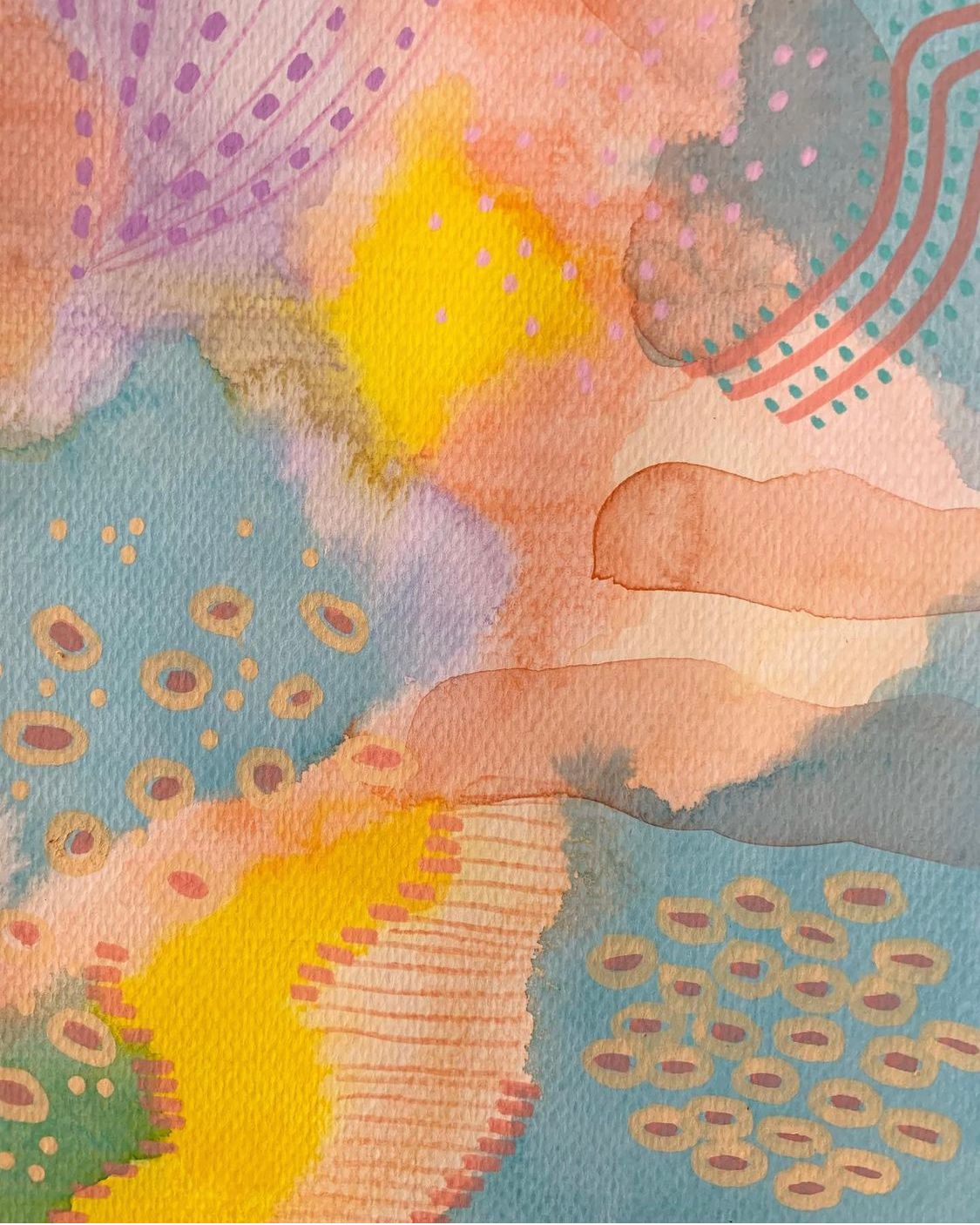In Other text , I talked about how motherhood is plural, about how we cannot talk about motherhood in the singular, because in doing so we pass over precisely the singularities of both mothers and their children. Recently, I read the text "Childhoods and parenting: appointments, functions and functionings", by psychoanalyst Ilana Katz, which is in the volume "Time" of the collection Parenting & Psychoanalysis ( orgs. Daniela Teperman, Thais Garrafa and Vera Iaconelli). Ilana, in an absolutely fundamental text, reminded us that childhood is also plural.
The psychoanalyst shows how, considering the cultural, political and economic determinants of Brazil, childhood cannot be thought of from a single perspective. Every time we adopt a conception of childhood, we are talking about some socio-political place, therefore, we must speak of Childhoods , in the plural.
Childhoods, as a concept and as a proposition, problematizes our fantasy that, as an organized and regulated society, we protect all children and give them "absolute priority" (p. 120).
In common sense, when we talk about childhood, some phrases usually come to mind, such as "a child's place is in school", or "children are the future of the country". Katz, in the chapter in question, reminds us that "(...) children cease to be the future when not all children fit into the future (p. 121).". In a country of deep inequalities like ours, divided by class and color, we know (or should know) that not all life seems to have the same value.
If we have children who are protected, even overprotected, and even overoccupied, with endless activities on their agendas, we also have those who are totally vulnerable, who do not have a home with a minimum of comfort, basic sanitation, who cannot go to school safely, sometimes needing to sneak through corridors to escape "stray bullets". Children whose lives are worth nothing; children of a "killable childhood", as Katz states in his text.
(...) There is no future when there is no indeterminacy. Those who know how they die have no right to live the indeterminacy of life (p. 121).
The fate of a large portion of children seems to be already sealed. Thus, I think that the author calls us to look at these childhoods that become invisible. To affirm that these many children "do not have a childhood", for example, seems a way of trying to sustain the ideal we have created about a "happy childhood", as if there were no other, others. Such children do have a childhood, but one that is far removed from our fantasy.
As Ilana states, "(...) by revealing the idea he has about childhood, the speaker enunciates his position in the social bond (p. 122)". In other words, it is not possible to speak in a way that is detached from a sociopolitical position. Whether we like it or not, we are constantly positioning ourselves, revealing the place from which we speak. Admitting the plural of the term, it seems to me, is a way of seeing what we look away from, of dealing with this uncomfortable truth, so that we get involved in it.

